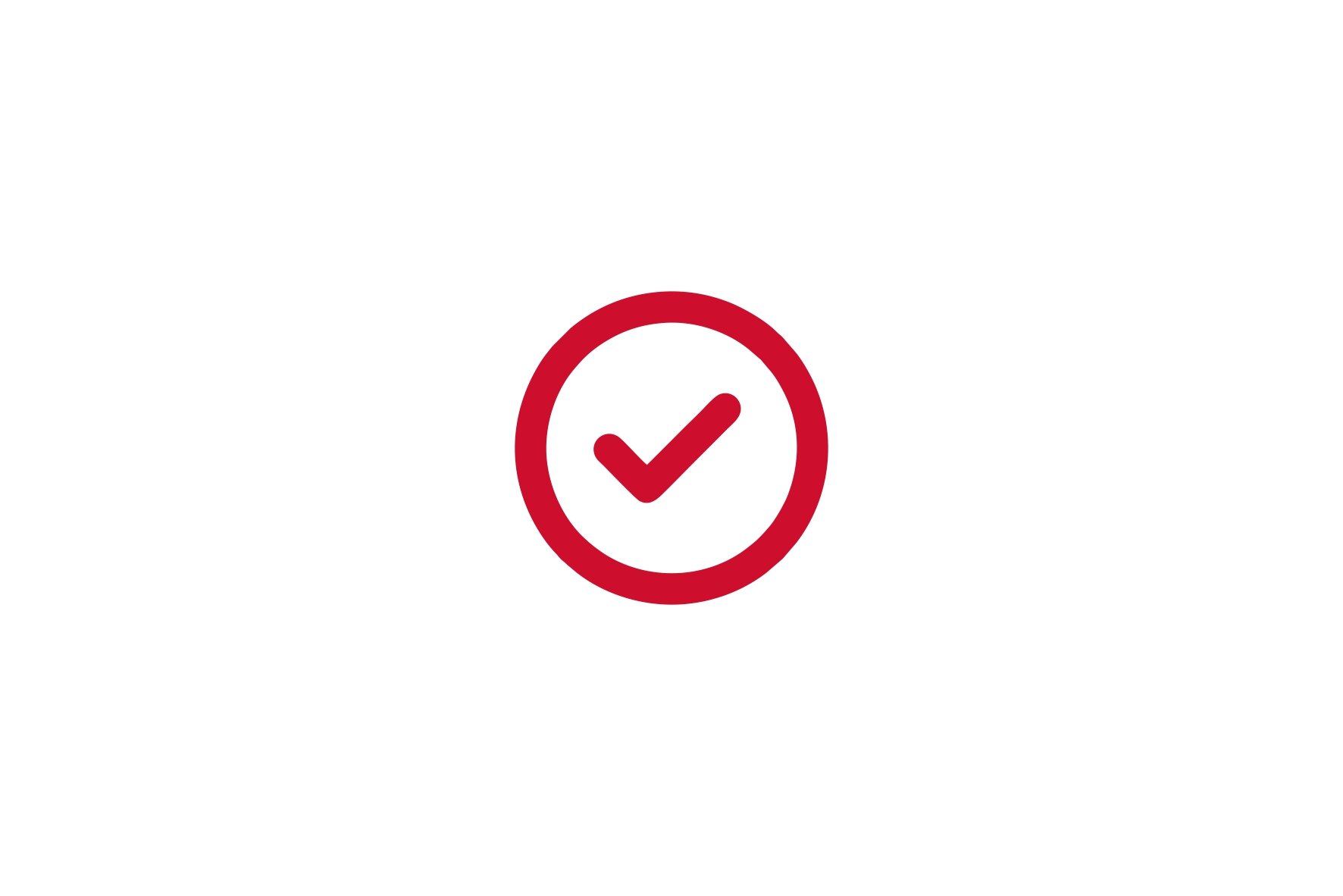 Image 1 of 2
Image 1 of 2

 Image 2 of 2
Image 2 of 2



Maintenance Best Practice
Prices Quoted Exclude VAT
Course Type | Maintenance and Asset Management
Certificate | City & Guilds Accreditation Certificate
Duration of Course | 4 Days
Location | Solihull or Reading Training Centre
Prices Quoted Exclude VAT
Course Type | Maintenance and Asset Management
Certificate | City & Guilds Accreditation Certificate
Duration of Course | 4 Days
Location | Solihull or Reading Training Centre
Prices Quoted Exclude VAT
Course Type | Maintenance and Asset Management
Certificate | City & Guilds Accreditation Certificate
Duration of Course | 4 Days
Location | Solihull or Reading Training Centre
About Maintenance Best Practice

MCP’s popular City & Guilds accredited Maintenance Best Practice interactive workshop provides an excellent understanding of the principles and implementation of effective maintenance. Companies increasingly need to make asset management a key part of the culture in order to remain cost-competitive in their operations. Similarly, maintenance costs are increasingly under pressure. This workshop can help you drive value through your maintenance management.


Is it right for me?
MCP’s Maintenance Best Practice training course is designed for experienced engineering managers, maintenance managers, production managers, maintenance team leaders, planners, engineers and anyone with Asset Care responsibility.

What will I learn?
Maintenance Strategy: How to develop and align strategic planning and deployment
Reliability Management: How to deliver optimum levels of performance
Failure Analysis: Understand the Failure Process, Reliability Patterns and Root Causes of Failure
Maintenance Approaches: Understand the different types of maintenance approaches and tasks and the application of Condition Monitoring technologies in modern maintenance
Asset Criticality: The need for and uses of asset criticality along with the principles and stages of an asset criticality assessment
FMECA and REM: How to develop maintenance plans to reduce the risk of failure
Work Management: The importance and advantages of work planning in the context of effective reliability management
Spare Parts and Materials Management: MROM (Maintenance Repair and Operating Materials) and how to improve cost and use, reducing inventory
Cost Management and Reporting: How to analyse and manage cost and establish the value added by maintenance
Information Systems including CMMS: The information systems required by maintenance and the importance of an effective CMMS to support delivery of World-Class performance
Operator Asset Care (OAC): Understand the principles and the culture change required when implementing OAC
Performance Reports and Continuous Improvement: Understand the use of metrics to monitor and manage performance and how this supports the Continuous Improvement (CI) process
Training: How to assess training levels and requirements, identify the skills and competencies required for asset management tasks and delivery of training and skills development
Continuous Improvement in maintenance: Develop a sustainable and embedded CI culture
Working with Service Providers: Understand the different contract types, the contract review process and how to work with service providers to ensure best possible service delivery
Safety Management: Understand the responsibilities of the maintenance/ engineering manager in the control of Health and Safety at work and the appropriate methods to implement a safety monitoring process on-site

The benefits?
Applying these principles will enable your organisation to:
Identify good maintenance management practices and be confident to implement them in the workplace
Reduce maintenance costs as a consequence of doing the ‘right’ things
Improve equipment reliability
Prepare an action plan to make maintenance improvements for your own organisation
Identify the KPIs (Key Performance Indicators) that demonstrate performance and progress
